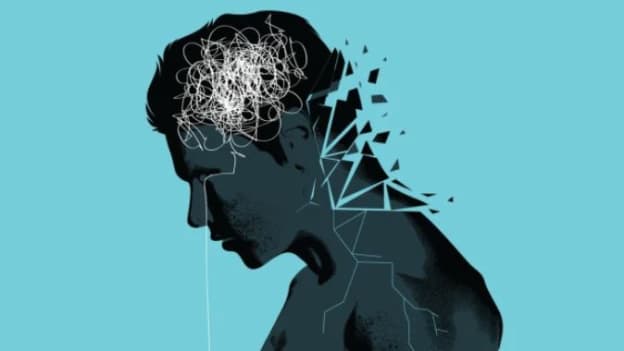Focus on mental health has halved in the past year: Survey

The impact of the past two years on mental health has been known for quite some time. Prior to the pandemic as well, the Australian Human Rights Commission (AHRC) stated that 45% of Australians (aged 16-85) will experience mental health issues at some point in their life, and 20% of Australians will experience it in any given year.
Despite multiple studies putting the spotlight on acknowledging and preserving mental health, businesses and leaders keep it at the back burner. There remains a huge gap between what organisations communicate on mental health outlook and efforts and what employees experience on the ground.
A new survey by mental health solutions provider, Headspace, has found that employees find the focus on mental health to have halved in the past year.
Only 31% of employees today say their employer has maintained the focus on mental health, in comparison to 71% last year.
This reveals a worrisome reality, especially as data from the Mental Health First Aid Kit produced by Beyond Blue, found that after heart disease and cancer, the third biggest health problem in Australia is mental health.
The Headspace survey that garnered responses from 500 CEOs and 5,400 full-time employees, revealed a disconnect between employees and employers on the mental health front. Amid an increasing demand from the workforce to tackle mental health concerns, it appears employers are pulling back on workplace mental health programs as signs of coexisting with COVID-19 emerge.
The perception gap on what is being done vs what is experienced as meaningful by employees continues to widen the gap. While 97% of Australian CEOs think they do enough to support workplace mental health, only two-thirds (66%) of employees agree. Similarly, 93% of employers think their employee mental health benefits are accessible, in contrast to 68% of employees.
The survey found that two in five (41%) of Australian employees missed a full week or more of work due to stress, anxiety or other mental health challenges and while their COVID-related stress may be falling, the stress stemming from burnout and challenges with management and leadership is on the rise. 91% of working Australians reported experiencing moderate to extreme stress at least once a week and almost half experience stress daily.
“Employee mental health is a business continuity issue that every leader needs to address, particularly as many employees return to the office and experience new day-to-day stressors," Headspace Health CEO Russell Glass said.
Beyond the experience cost of inadequate mental health programmes at work, findings from the Work Outcomes Research Cost Benefit Project revealed that Australian businesses lose over AU$6.5 Bn each year by failing to provide early intervention or treatment for employees with mental health conditions. AHRC attributes half of the increasing employee mental health claims to work pressure, adding that the cost of ignoring mental health is far more than the cost of developing and implementing strategies to create a safe and healthy workplace.
One key challenge in mental health programmes remains participation and utilisation. Can leadership visibility as users of these programmes be a potential solution? Reportedly, 60% of global CEOs use their company’s mental health benefits regularly.
“To attract and retain talent, it’s critical that leaders destigmatise mental health from the top-down and meet the growing expectations of their employees for high-quality mental health benefits,” said Glass.















